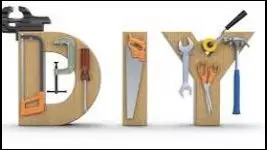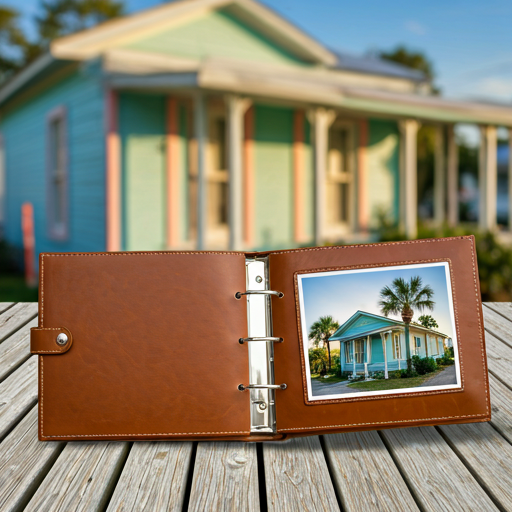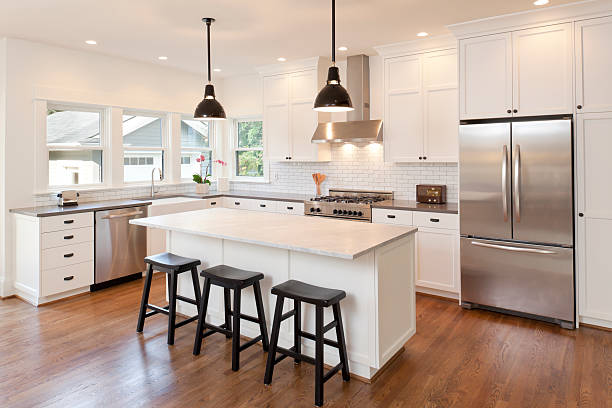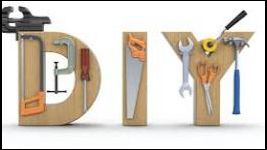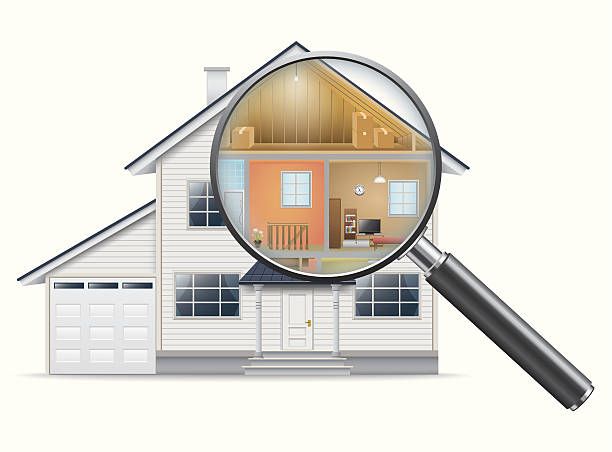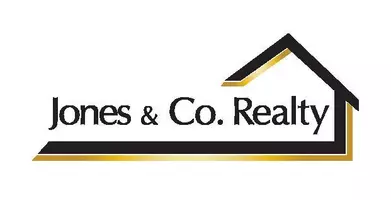1. Electrical Work: Don't Take the Risk
Electrical work is one of the most common DIY tasks, but it’s also one of the most dangerous. From overloading circuit boxes to using the wrong wires, improperly installed electrical systems can be hazardous. Red flags that inspectors often spot include:
- Overloaded Circuit Boxes: If the electrical panel is overloaded, it can cause overheating, which can lead to electrical fires.
- Exposed Wires: Exposed or improperly installed wires can pose a serious shock hazard.
- Improper Junction Boxes: These are critical to safely house electrical connections, and improper installation can lead to short circuits or fire risks.
An inspector will quickly spot these issues, and correcting them may require costly repairs. Worse, any electrical problems can lead to delays in closing or a lower selling price. Always hire a licensed electrician to handle electrical work.
2. Plumbing Problems: The Hidden Dangers
Plumbing is another area where DIY work can go terribly wrong. Improperly installed plumbing can lead to leaks, flooding, and even long-term damage to the structure of your home. Issues like wood rot, mold growth, and compromised air quality can arise from:
- Leaks: Small leaks may not seem like a big deal, but over time, they can lead to water damage and mold growth that could require extensive repairs.
- Improper Installation: Plumbing systems that are not up to code can result in flooding, water damage, or more serious structural issues.
An inspector will check for these red flags, and any plumbing issues could require costly repairs that will eat into your profits. More importantly, unresolved plumbing problems can affect the air quality and overall livability of your home.
3. Roofing: Failing to Pull Permits Can Cost You
Roofing is another area where DIY can backfire, especially when homeowners fail to pull proper permits. Without the right documentation, it becomes nearly impossible to prove the age or quality of the roof, which can be a red flag for potential buyers. This issue can cause problems when trying to secure home insurance as well.
- No Proof of Age: Without the necessary permits, buyers or insurers may be reluctant to take on the risk, potentially stalling the sale.
- DIY Roofs: Roof repairs or replacements that aren’t up to code could also lead to leaks or structural damage, causing further issues down the line.
A failed roof inspection could be a dealbreaker for many buyers. Make sure to hire a licensed roofing contractor and pull the appropriate permits to ensure everything is up to code and avoid issues during the sale.
4. Landscape Grading: Water Damage Around the Foundation
While it may seem like a simple task, grading your yard incorrectly can lead to serious water drainage problems around your home. Inspectors often spot these issues during their assessments, and improperly graded landscapes can cause significant damage.
- Standing Water: If water pools around the foundation of the house, it can lead to water damage, mold growth, and even foundation issues over time.
- Poor Drainage: When landscaping is done incorrectly, water can flow toward the home rather than away from it, leading to costly foundation repairs or potential flooding.
Landscape grading should always be done by a professional to ensure proper drainage away from your home. A poor grading job can make your home look unappealing to potential buyers and result in expensive repairs.
Conclusion: Save Time and Money by Hiring Professionals
While DIY projects may seem like a great way to save money, certain tasks should always be left to the experts. Electrical work, plumbing, roofing, and landscape grading all require specialized knowledge and experience. By avoiding DIY attempts in these areas, you can prevent costly repairs, avoid red flags during inspections, and ensure your home is ready to sell for top dollar.
Before taking on any major home improvement projects, consider consulting with a licensed professional to protect your investment and ensure a smooth, hassle-free sale.
